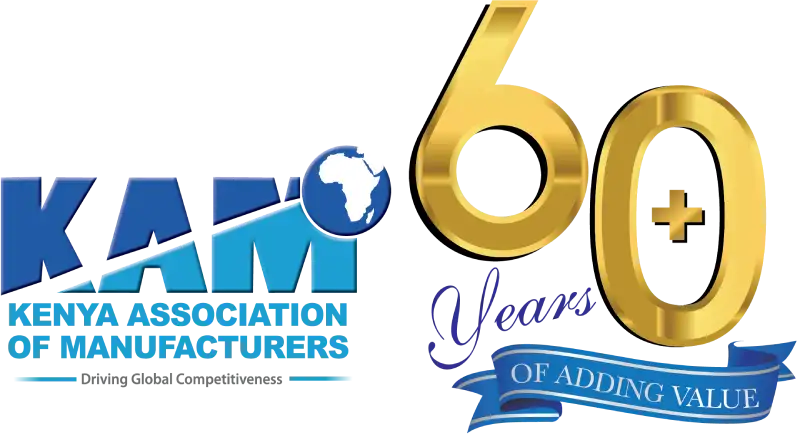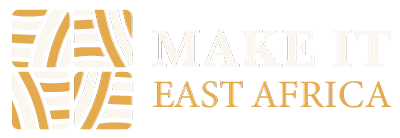Globally, there is an increasing recognition of the responsibility of importers, brands, retailers and even customers to be aware of, and address social and environmental issues associated with textiles and apparel.
The EU Sustainable and Circular Textiles Strategy, Europe has an ambitious plan to make the textiles ecosystem more sustainable. To incentivize circular businesses, the European Commission proposes mandatory criteria for green public procurement, as well as circular design and production through eco-design requirements. At the same time, due diligence (Directive on corporate sustainability due diligence) and traceability requirements (such as the digital product passport) mandate companies to tr
The New York fashion act is set to enforce major changes that will impact on sourcing of textile and apparel, including Mandating that companies know and disclose their supply chains; Requiring companies to be responsible for their impact in those supply chains, and pushing for Regulation & enforcement by the New York State’s Attorney General or the Attorney General’s designated administrator.

